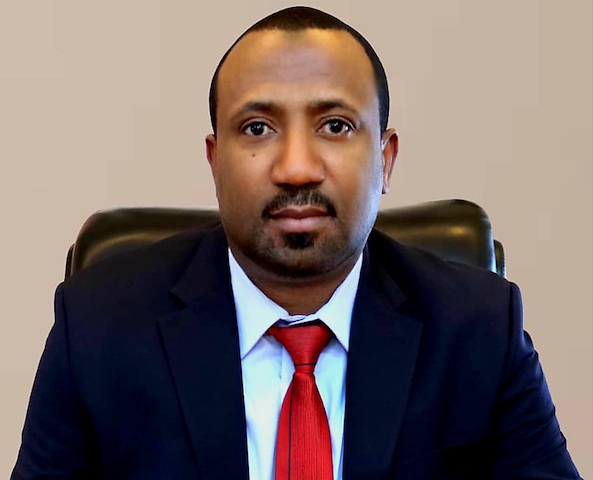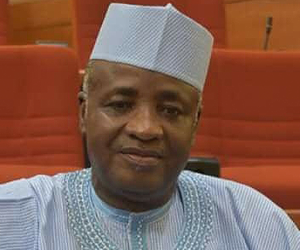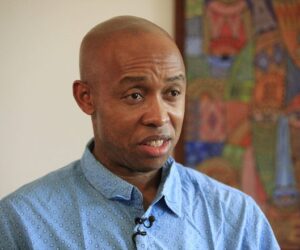
The solution lies in building a robust framework through which public officials are held responsible for their actions, outcomes matter more than process, and the culture of impunity is replaced by that of transparency and responsibility. Without this monumental shift, the nation will continue to be a paradox — a land of incredible wealth, whose people remain trapped in a cycle of poverty and underdevelopment, forever held hostage by the absence of consequence.
A body of men holding themselves accountable to nobody ought not to be trusted by anybody.” ― Thomas Paine
The Nigerian State is, at its core, a contradiction. On one hand, it possesses a vast potential for prosperity, driven by immense human and natural resources. On the other, it remains shackled by a pervasive culture of impunity, in which incompetence and corruption are met with little consequence. This paradox is laid bare by recent economic trends. Since the inception of the current administration, the nation has witnessed a remarkable surge in federal revenue, a development that, on the surface, appears to be an harbinger of a new era of economic growth. That shows potential. But as the International Monetary Fund (IMF) has been screaming about raising revenues through all sorts of painful ways, no one is screaming about a robust and functional system of accountability that will guarantee the effective utilisation of such revenues to really translate to progress.
Data points to a staggering 411 per cent revenue growth from May 2023 to September 2025. This is, by any metric, a significant achievement. It signals a revitalisation of the national economy and an increased capacity of the government to fund crucial projects and social programmes. But the concern is that it’s the same calibre of public officials that are expected to expend these funds at the national and sub-national levels.
The central and most fundamental flaw in our system is that high level public officials and institutions are rarely held responsible for their actions. It is a system in which procedure is everything, and outcomes are nothing. This deeply ingrained culture of impunity ensures that even with a massive influx of cash, there is no guarantee that the money will be used for the intended purposes. Public records are littered with examples of this systemic failure. This is a pattern that has repeated itself across administrations, and it has profoundly negative effects at every level of governance.
The correlation is damning: the very states that have the highest rates of poverty are often the ones whose officials keep exploring legal avenues of sidestepping the anti-corruption agencies. The fear of scrutiny of these officials is palpable, and their resistance to accountability only serves to further entrench the culture of impunity that is paralysing our nation.
Nowhere is this flaw more evident than at the sub-national level. The increased federal revenue translates directly into higher allocations for states and local governments. This should, in theory, empower state governors to drive development and improve the lives of their constituents. Instead, we often find a lack of political will and competence at this level of governance. Many governors are preoccupied with political manoeuvring, rather than the serious business of governance, leaving critical sectors like health and education to atrophy. Rather than focus on job creation and attracting sustainable investment, they frequently embark on lavish, often pointless, “flyovers” and engage in questionable spending. We have seen state budgets earmarking billions of naira for superficial projects like the renovation of boreholes, even as these states rank at the bottom of development indicators.
The stark reality of this inefficiency is captured by the Multidimensional Poverty Index (MPI). This index consistently reveals that many states remain mired in poverty, despite receiving substantial financial allocations. The correlation is damning: the very states that have the highest rates of poverty are often the ones whose officials keep exploring legal avenues of sidestepping the anti-corruption agencies. The fear of scrutiny of these officials is palpable, and their resistance to accountability only serves to further entrench the culture of impunity that is paralysing our nation.
To truly transform Nigeria’s economic landscape, the focus must shift from simply generating revenue to establishing an effective system of accountability. The current system is plagued by a high fiscal deficit and wasteful recurrent expenditures, and a significant portion of capital spending is lost to fraud and corruption. Past attempts at reform, such as the recommendations of the Oronsaye report, have been consistently stalled due to a chronic lack of political resolve.
To truly transform Nigeria’s economic landscape, the focus must shift from simply generating revenue to establishing an effective system of accountability. The current system is plagued by a high fiscal deficit and wasteful recurrent expenditures, and a significant portion of capital spending is lost to fraud and corruption. Past attempts at reform, such as the recommendations of the Oronsaye report, have been consistently stalled due to a chronic lack of political resolve. Even when committees are established to implement these reforms, as was the case with the one led by Hadiza Usman, the lack of follow-through and a fear of confronting entrenched interests ensure that no meaningful action is taken. The absence of consequences for failure means that those who misappropriate public funds can do so with audacious impunity, confident that they will never be held to account.
Ultimately, Nigeria’s path to prosperity is not paved with cash alone; it is forged through a fundamental change in mindset and a commitment to systemic reform. The solution lies in building a robust framework through which public officials are held responsible for their actions, outcomes matter more than process, and the culture of impunity is replaced by that of transparency and responsibility. Without this monumental shift, the nation will continue to be a paradox — a land of incredible wealth, whose people remain trapped in a cycle of poverty and underdevelopment, forever held hostage by the absence of consequence.
Umar Yakubu is the Executive Director of Center for Fiscal Transparency and Public Integrity.










